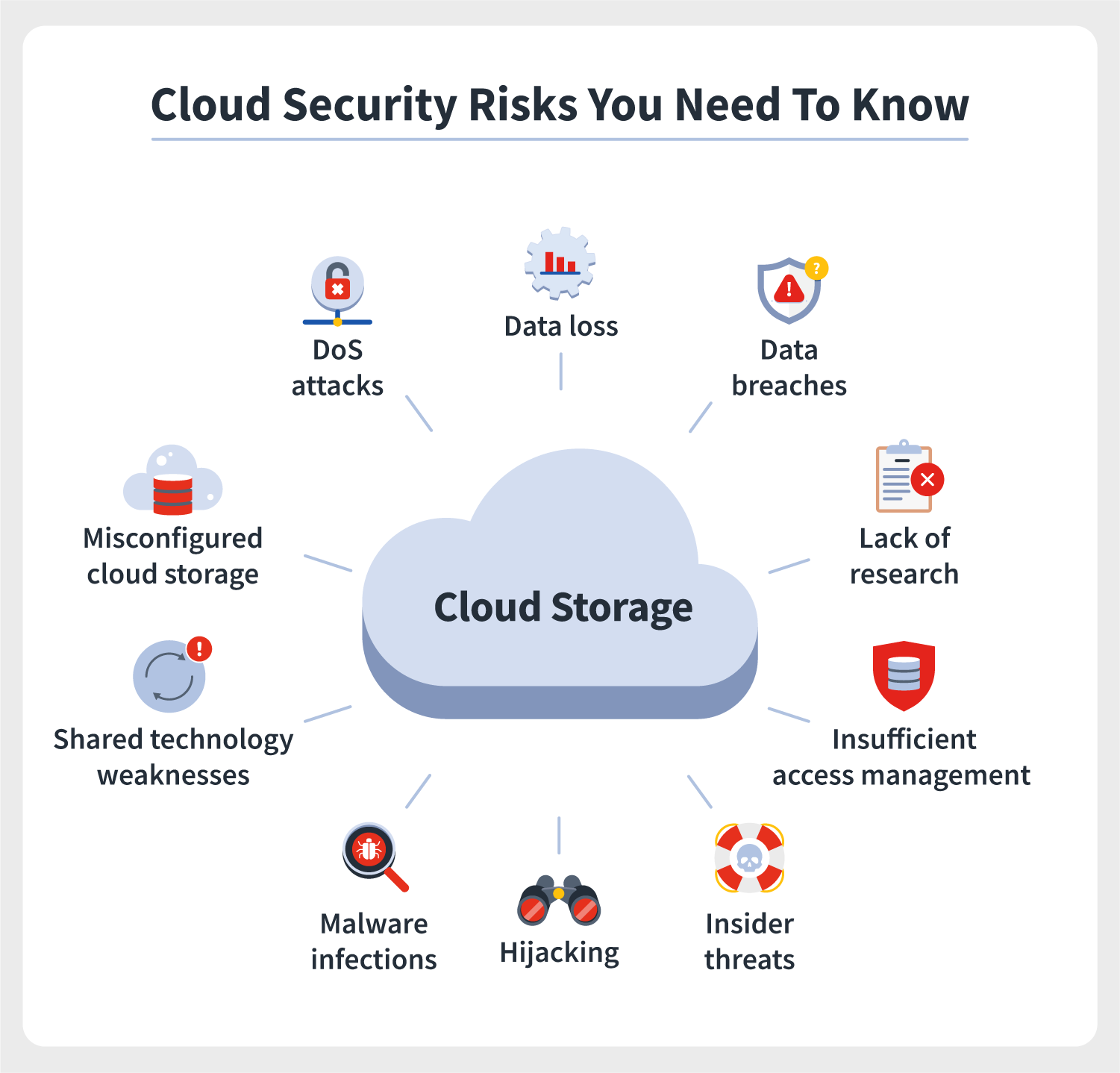Maximizing Information Protection: Tips for Protecting Your Information With Universal Cloud Storage Solutions
In a period where data violations and cyber hazards get on the rise, guarding sensitive information has ended up being a critical worry for people and organizations alike. Universal cloud storage services use unequaled convenience and ease of access, but with these benefits come inherent safety and security threats that have to be resolved proactively. By implementing robust information safety procedures, such as encryption, multi-factor authentication, regular backups, accessibility controls, and monitoring methods, customers can dramatically enhance the defense of their data stored in the cloud. These techniques not just fortify the integrity of details however likewise instill a sense of confidence in handing over crucial data to cloud platforms.
Significance of Information Security
Data file encryption works as a foundational pillar in protecting sensitive details kept within universal cloud storage services. By inscribing data in such a method that only authorized parties can access it, encryption plays a critical duty in protecting personal details from unauthorized gain access to or cyber risks. In the world of cloud computing, where data is frequently transmitted and stored across different networks and web servers, the requirement for robust security mechanisms is paramount.

Furthermore, conformity policies such as the GDPR and HIPAA call for data security as a means of shielding delicate information. Failure to stick to these criteria might result in serious repercussions, making information security not simply a safety procedure however a lawful necessity in today's electronic landscape.

Multi-Factor Authentication Techniques
In improving protection procedures for universal cloud storage solutions, the application of robust multi-factor verification approaches is critical. Multi-factor verification (MFA) adds an added layer of safety and security by requiring individuals to provide several forms of confirmation prior to accessing their accounts, dramatically decreasing the risk of unapproved accessibility. Common factors utilized in MFA consist of something the individual understands (like a password), something the user has (such as a smart device for getting confirmation codes), and something the individual is (biometric data like fingerprints or face recognition) By incorporating these factors, MFA makes it much harder for destructive stars to breach accounts, even if one factor is compromised.
To make best use of the performance of MFA, it is vital to choose verification factors that are diverse and not easily replicable. In addition, routine tracking and updating of MFA settings are important to adjust to evolving cybersecurity threats. Organizations ought to also enlighten their users on the importance of MFA and provide clear guidelines on exactly how to establish and utilize it firmly. By implementing solid MFA techniques, services can considerably bolster the safety and security of their information saved in global cloud solutions.
Normal Information Backups and Updates
Offered the critical role of securing information honesty in global cloud storage space services through durable multi-factor authentication approaches, the next important visit their website aspect to address is guaranteeing normal data backups and updates. Normal data backups are important in mitigating the risk of information loss due to different variables such as system failings, cyberattacks, or unintentional removals. By backing up information regularly, companies can recover info to a click for more previous state in situation of unforeseen occasions, thus maintaining company connection and stopping considerable disturbances.
In addition, staying up to date with software program updates and protection patches is just as vital in enhancing data safety and security within cloud storage solutions. In essence, regular information back-ups and updates play a critical duty in fortifying information security procedures and guarding crucial info kept in universal cloud storage solutions.
Implementing Strong Access Controls
To establish a durable safety structure in global cloud storage solutions, it is important to implement stringent accessibility controls that manage customer consents successfully. Access controls are vital in preventing unapproved access to sensitive information kept in the cloud. By carrying out strong accessibility controls, organizations can guarantee that just authorized personnel have the essential consents to check out, edit, or remove data. This assists mitigate the risk of data breaches and unapproved information manipulation.
This technique guarantees that customers only have accessibility to the data and functionalities required to execute their job duties. Additionally, executing multi-factor authentication (MFA) includes an added layer of safety by needing users to provide numerous types of verification prior to accessing delicate data - universal cloud storage.
Monitoring and Auditing Data Gain Access To
Building upon the structure of strong accessibility controls, effective tracking and bookkeeping of information gain access to is critical in keeping information protection stability within universal cloud storage services. Monitoring information access involves real-time monitoring of who is accessing the data, when they are accessing it, and from where. Bookkeeping information gain access to entails reviewing logs and records of data access over a particular duration to make sure conformity with security policies and laws.
Conclusion
In final thought, safeguarding data with global cloud storage space services is vital for protecting sensitive details. By applying data file encryption, multi-factor verification, regular back-ups, strong gain access to controls, and monitoring data access, organizations linked here can minimize the threat of data violations and unauthorized gain access to. It is necessary to prioritize data protection gauges to guarantee the confidentiality, honesty, and availability of information in today's electronic age.